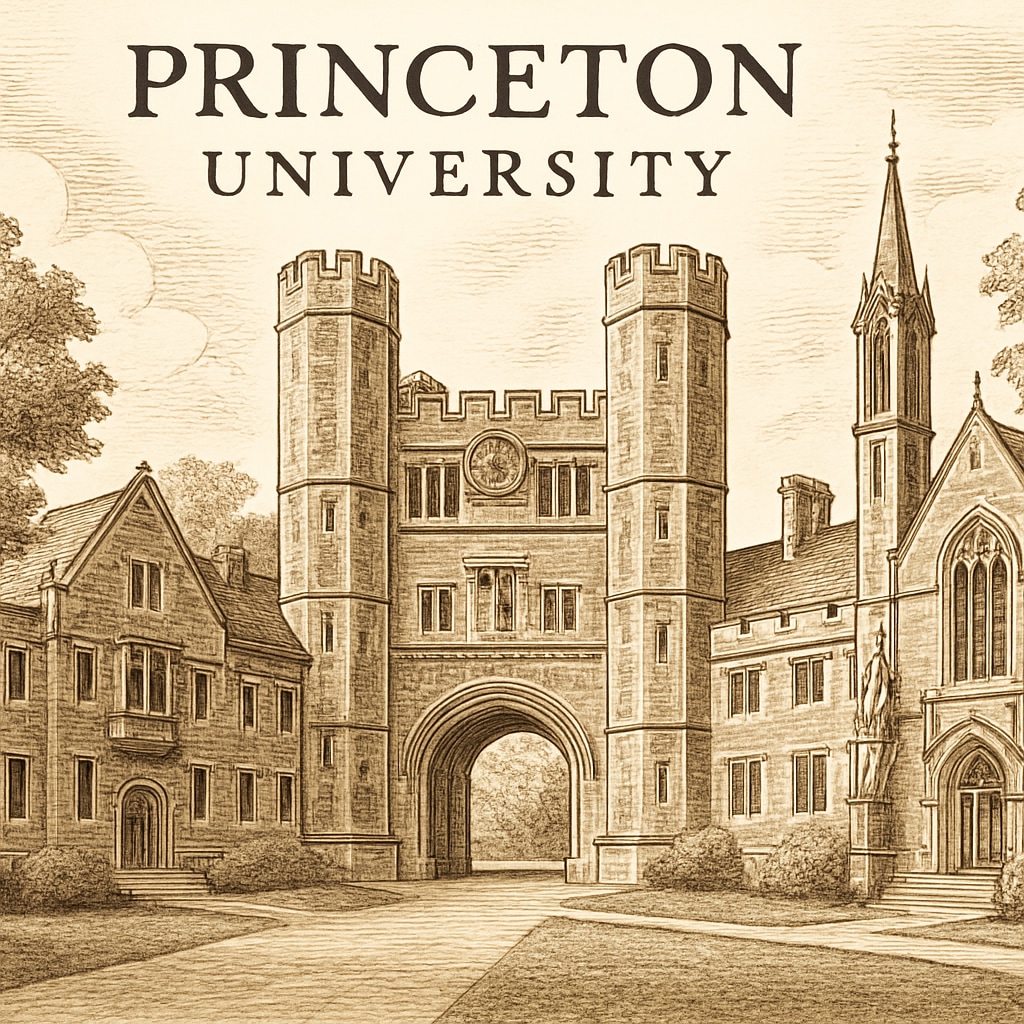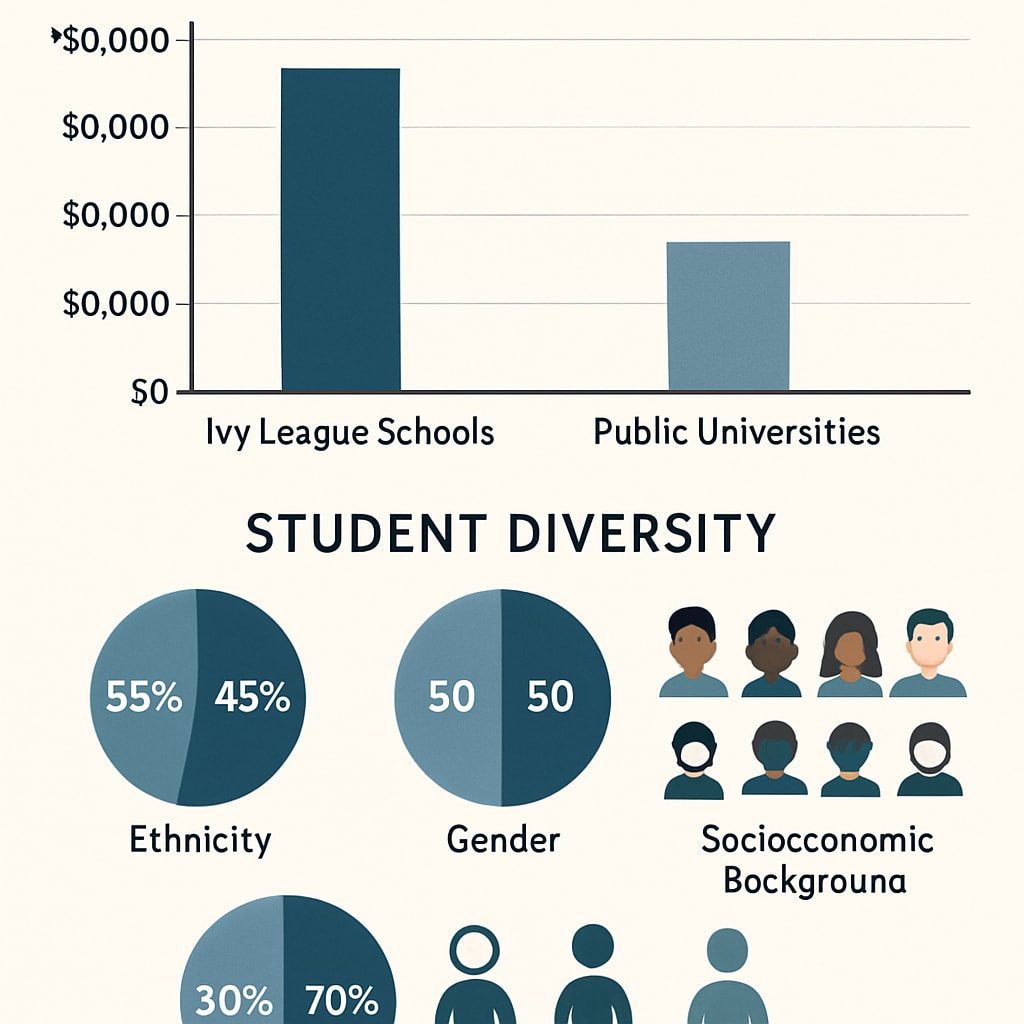In today’s competitive educational landscape, institutions like Princeton and other Ivy League schools are often perceived as the ultimate pinnacle of academic achievement. Many parents and students aspire to gain admission to these elite schools, believing that their prestigious reputations guarantee future success. However, it is worth questioning whether Ivy League schools are truly as exceptional as they are portrayed. Are we overestimating their value and ignoring the broader purpose of education?
The Myth of the Ivy League Halo
The “Ivy League halo” refers to the widespread belief that attending schools like Princeton automatically leads to wealth, success, and social prestige. While these institutions undeniably offer resources and networking opportunities, the reality is more nuanced. For example, studies have shown that career outcomes for graduates of Ivy League schools are often comparable to those of graduates from other reputable universities.
Moreover, the exclusivity of these schools can contribute to a sense of elitism, fostering environments that prioritize tradition over innovation. Not all students thrive in such settings, and the intense pressure to conform to rigid academic and social standards can lead to significant stress and mental health challenges.

Are Ivy League Schools Worth the Hype?
Critics argue that Ivy League schools are overrated for several reasons:
- Cost: Tuition fees at Ivy League institutions are among the highest in the world, often exceeding $60,000 per year. While financial aid is available, the burden of debt can outweigh potential benefits.
- Admissions bias: Legacy admissions and donor influences raise questions about fairness and equality in the application process.
- Limited diversity: Despite efforts to promote inclusion, Ivy League schools often struggle to represent the full spectrum of socioeconomic, racial, and cultural diversity.
In contrast, many public universities and smaller private colleges provide excellent education at a fraction of the cost. These institutions often prioritize teaching quality over branding, delivering real value to students.

Redefining the Purpose of Education
Rather than focusing solely on prestige, students and parents should evaluate schools based on their ability to meet individual needs. Factors like academic programs, campus culture, and post-graduation support are often more important than a school’s reputation. For example, a student interested in STEM research may find better opportunities at a specialized institution than at an Ivy League school.
Additionally, the rise of online education platforms and community colleges has democratized higher education, offering affordable access to quality learning. These alternatives challenge the traditional notion of elite education by emphasizing skill development and practical outcomes over brand recognition.
Conclusion: Are Ivy League Schools Overvalued?
While Princeton and other Ivy League institutions offer undeniable advantages, they are not the universal solution to educational success. Their high costs, exclusivity, and limitations highlight the need for a broader conversation about the true purpose of education. By shifting our focus from prestige to value, we can empower students to make informed decisions that prioritize their individual goals and aspirations.
In the end, education is not about the name of the school on a diploma—it’s about the knowledge, experiences, and skills gained along the way.
Readability guidance: Short paragraphs and lists break down complex ideas; active voice emphasizes clarity; transitions like “however” and “in addition” ensure smooth flow.


